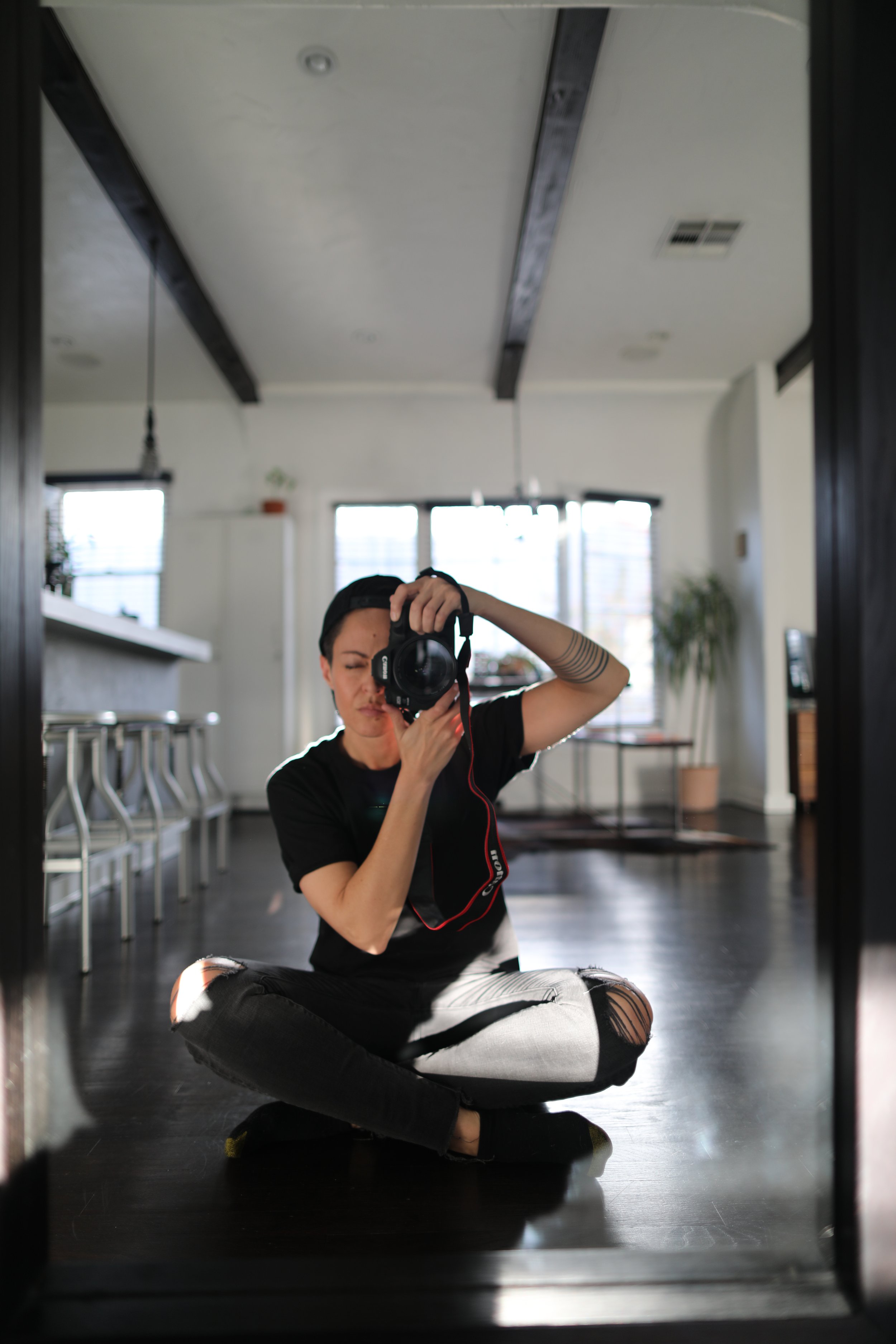Reverse Culture Shock
Discover cultural differences between East and West, plus quirks of daily life living in an Asian country.
Open Your Mind
South Korea vs. America
Since returning home from South Korea four years ago I can't count the number of times I've been asked about my time there. “What was it like?” “How were you treated?” “Did you enjoy the food?” My answer is always the same. Korea is truly an amazing place with beautiful people, gorgeous landscapes and delicious food.
And because I've been lucky enough to visit over 55 countries since my time in Korea I can't help compare it to my other destinations, as well as my home country. Of all the places I've seen, Korea is the wildest, strangest and most breathtaking country I've experienced. Its cultural norms make Korea extremely unique in so many ways. There's such an interesting dichotomy. Technology, education and fashion are light years ahead of the States but equality and societal freedom are stuck in the past.
Korea is a place where upon first meeting someone they'll ask your age and if you're even a day younger you must speak in honorific form. Saying “no” to elders isn't an option whether it be at home or the office. And Koreans often work themselves into a stupor, becoming so overwhelmed they binge drink until they pass out or resort to committing suicide (youth included) rather than bring shame upon ones family. It's a wildly intense country that does everything 1,000%.
This intense energy has served an important purpose though. The early 1950's were marked by a war torn Korea where the North and South were divided. During the war, South Korea was completely destroyed but within 50 years has worked its way back into power through advancements in science, technology and industry; hence the extreme pressure on education and status.
Korean life is rooted in Eastern philosophy and cultural values. Eastern culture pulls from Buddhism and Confucianism where life’s answers are found within and focus is placed on social responsibility. From my experience, Easterners never want to make ripples and sacrifice for the whole rather than the individual. On the other hand, Westerners value the individual above all else and practice philosophies from Christianity where science rules.
After living and teaching in Korea, I've experienced so many of these cultural differences, big and small included. And its these differences that have fueled my curiosity and love of all strange places.
Cultural
Respect | Age surfaces often because the Korean language has different levels of respect. If you are younger than another you must speak to them with respectful language. Actions are influenced too. For example, if you're dining out the eldest at the table should pay the entire bill. And when saying "cheers" those younger must look off to avoid eye contact with the eldest.
Stereotypes | I'll admit, my opinion of Americans changed while I was in Korea. I thought only foreigners in Korea were loud, obnoxious, abrasive and arrogant but it turns out many are the same at home. Sorry, guys. Koreans are generally meek, humble and quiet, at least until they drink and the collective volume goes up.
Personal Space | Koreans and Asians in general have a different idea of personal space. In Korea, there is none. They will push you out of the way or step on your toes without thinking twice. Korean men do not hold the door open for women, they do not offer up a seat and they do not say excuse me. At the busiest train stations, it's someone's job to physically shove people into the train.
Gender Roles | You'll often see two men holding hands walking down the street in Korea, two women or even mother and daughter doing the same. Men look androgynous or even feminine and dress in fitted stylish clothes rather than ill-fitting clothes like many American men. Ironically, I can't count how many times I thought, "Oh, she's cute," only to realize it was a man. But when it comes to being gay, Koreans will live in secrecy for a lifetime or end their lives to avoid exposure and familial shame.
Judgement | In Korea, within minutes of meeting someone they'll ask you questions like, “How old are you?” or “How much do you weigh?” or even say things like, “You have wrinkles.” or “You look old.” or “You are fat, you should not eat that.” They mean well but it can definitely come off wrong, especially to someone who doesn't understand the culture.
Daily Life
Size | In Korea, everything is small. Cars are small. Showers are small. Dressing rooms are small. Apartments are small. People are small. Get ready to be smushed.
Appliances | Perhaps because of cost or space, many conservative apartments don't have dishwashers or clothes dryers. Dishes are washed by hand and clothes air dry. Closets are also uncommon. Instead, an armoire is used.
Waste & Excess | Waste doesn't really exist and small is the norm in Korea. Landing back in the States, I remember picking up breakfast at McDonald’s and being shocked they gave me a large cup without even asking. The napkins and wrapper were huge and condiments unlimited. In Korea, you can't even get more than one ketchup packet.
Plumbing | Story has it plumbing in Korea lacks because the country was rebuilt so quickly after the war. In many places you must put your tissue into the garbage bin and not the toilet to avoid clogging. In fact, you're fortunate if a public bathroom even has toilet paper so make sure to always carry some tissue with you.
Paper Products | In the States, it's normal to use paper towels and napkins for everything. In Korea, you will almost never see napkins or paper towels anywhere, not restaurants, homes or restrooms. While eating at restaurants you are given an actual role of toilet paper to wipe your hands. Otherwise, a small hand towel might be used.
Public | All subway stations are super nice, lined with marble floors, clean and modern. Stations all have restrooms too. Garbage cans are rare in Korea though, even on the streets. It's impossible to find one and when you do they are always overflowing with trash. And early each morning you'll see elderly women picking up trash until sidewalks are rubbish-free.
Food Waste & Recycling | In Korea, there are no sink disposals. You must save all your food scraps, put them into marked plastic bags purchased from the corner store and place them into compost bins outside your home. Recycling is taken very seriously and public bins are used to sort plastic, glass, metal, Styrofoam and more. But if you do it incorrectly, be prepared to be shouted at by a nearby ajumma (아줌마 or older woman).
Takeaways
For me, learning about differences is what life is all about. There's no right or wrong when it comes to culture or way of life. The Korean lifestyle is based on history and necessity and they truly respect each other and the world they live in, something we can all strive for.












